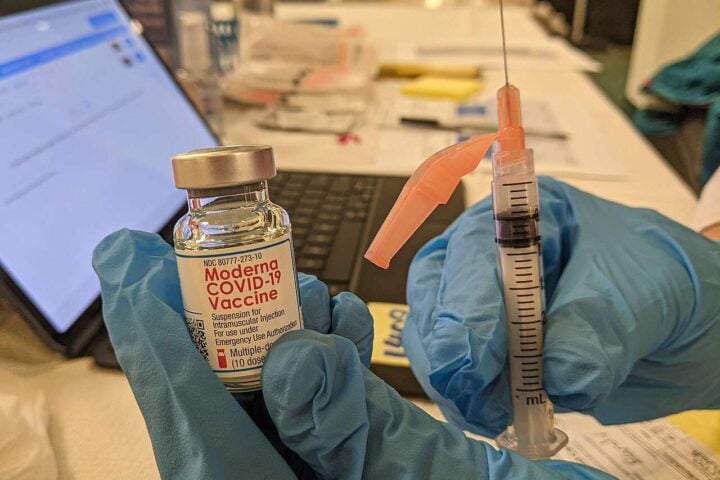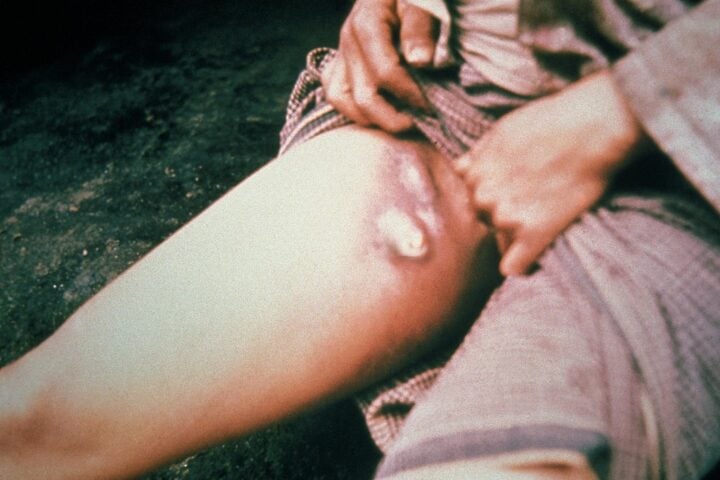Air pollution is one of the leading causes of deaths worldwide. Every year, exposure to air pollution is estimated to cause 7 million premature deaths. New WHO Global Air Quality Guidelines (AQGs) provide clear evidence of the damage air pollution inflicts on human health, at even lower concentrations than previously understood.
There are various reasons for air pollution, such as burning of fossil fuels, dust, industrial release of chemical air, wildfires, transportation, agriculture, private households and more. And air pollution causes many health problems over time. Majorly bronchitis or asthma, lung cancer, heart diseases, pneumonia , stroke and chronic obstructive pulmonary diseases.
PM2.5, fine particulate matter of 2.5 micrometres or less in diameter, is the most dangerous pollutant because it can penetrate the lung barrier and enter the blood system, causing cardiovascular and respiratory disease and cancers. It affects more people than other pollutants and has health impacts even at very low concentrations. By reducing air pollution levels, countries can reduce the burden of disease, and long and short-term illnesses.
The updated guidelines by the WHO are meant to protect people and the environment from further increase in air pollution and raise standards of air quality control.
The evident issue is that WHO revaluated their guidelines for the first time in 15 years. Where the scientists or health researchers unable to determine the effects of air pollution? Or was there a lack of will ? or was there abundance of ignorance?

















